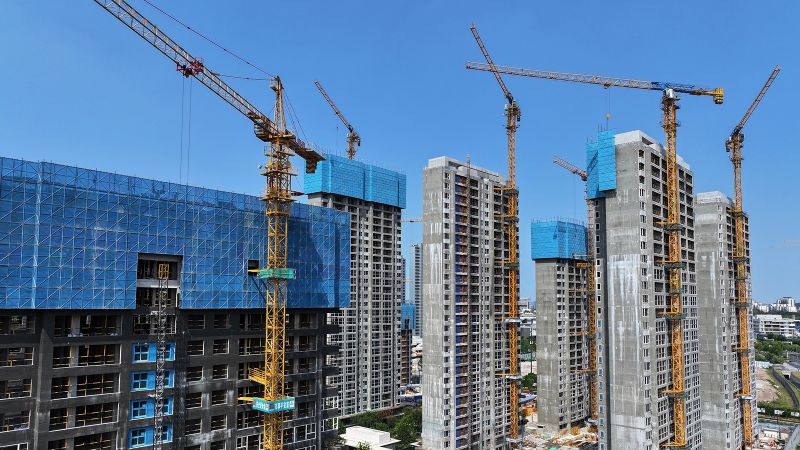Chinese cities are on the hunt for millions in unpaid taxes, with demands stretching back decades in some cases, as they struggle with financial blowback from the real estate market collapse. Several major Chinese companies have been hit with notices to pay overdue taxes, causing an uproar online and unraveling business confidence. V V Food & Beverage, China’s largest soy milk producer, disclosed that one of its subsidiaries owes 85 million yuan ($11.7 million) in unpaid taxes dating from 1994 to 2009. This revelation is part of a larger trend with at least eight listed companies facing similar demands in recent months, some resulting in production halts and layoffs due to the hefty tax bills and penalties. The escalation in tax enforcement signals the dire financial situation faced by local governments grappling with economic challenges and a housing market crisis that has dried up a key source of revenue.
The State Administration of Taxation has attempted to allay fears by clarifying that the tax inspections are not part of a nationwide crackdown but local initiatives. However, online speculation persists that the establishment of “Police & Taxation Joint Combat Centers” could pave the way for more aggressive taxation policies in the future. The retroactive tax demands have been criticized as extreme and potentially devastating for businesses already under pressure from operational challenges and economic hardships.
Private businesses, already hesitant to invest due to regulatory uncertainties and Covid restrictions, are now feeling the heat as tax authorities delve into past liabilities. Ningbo Bohui Chemical Technology and Zangge Mining are among the companies facing significant financial setbacks due to unexpected tax bills, with potential losses running into the millions. The tax crackdown, if not carefully managed, could exacerbate job losses and dampen investor confidence, further straining an already fragile economic landscape in China.
As companies scramble to meet historical tax demands, concerns are mounting about the long-term implications for the business environment in China. The unexpected tax burden, including fines and interest, could push already struggling companies to the brink of bankruptcy, creating a ripple effect across the economy. The repercussions of this crackdown could be far-reaching, impacting not only individual businesses but also the broader economic outlook in China.












